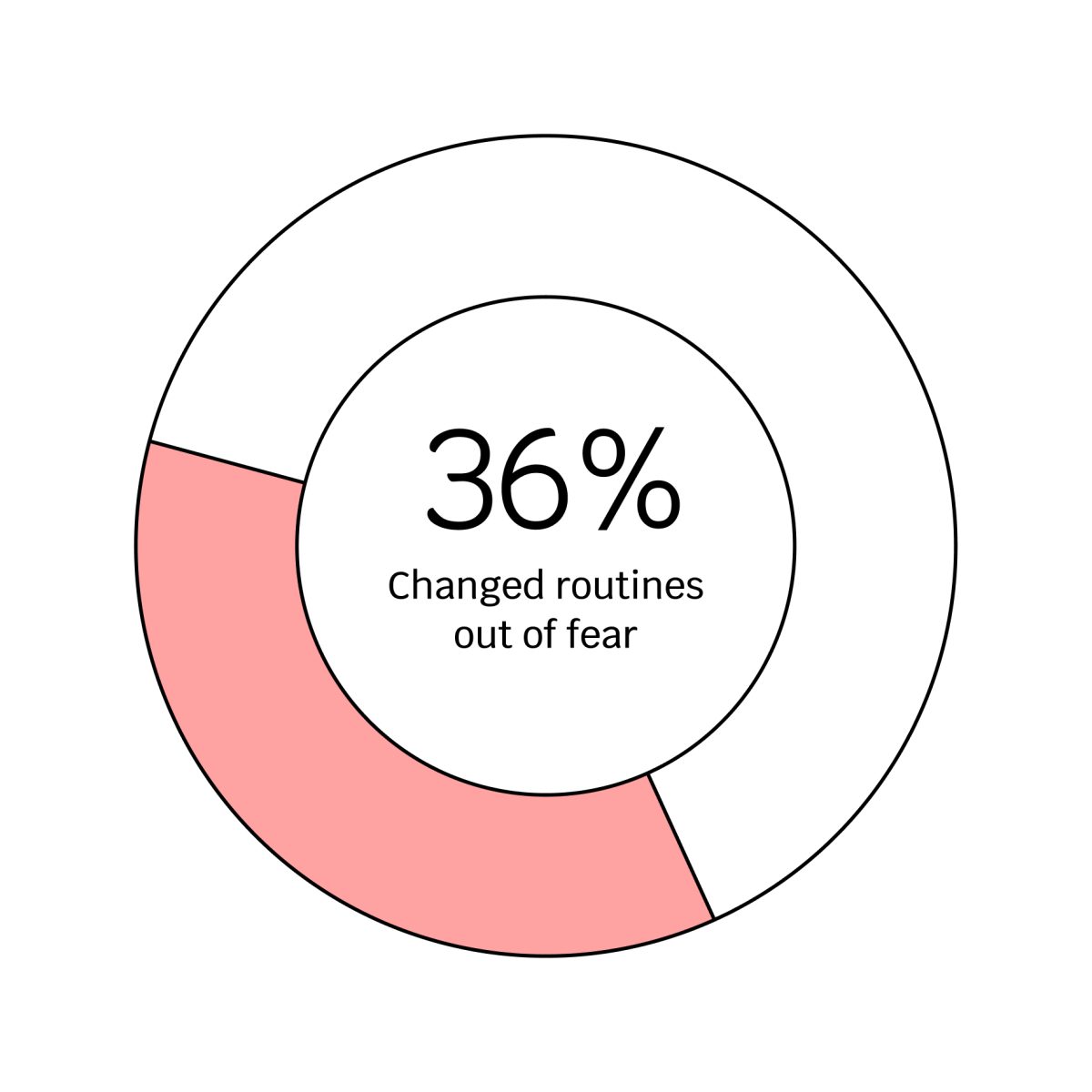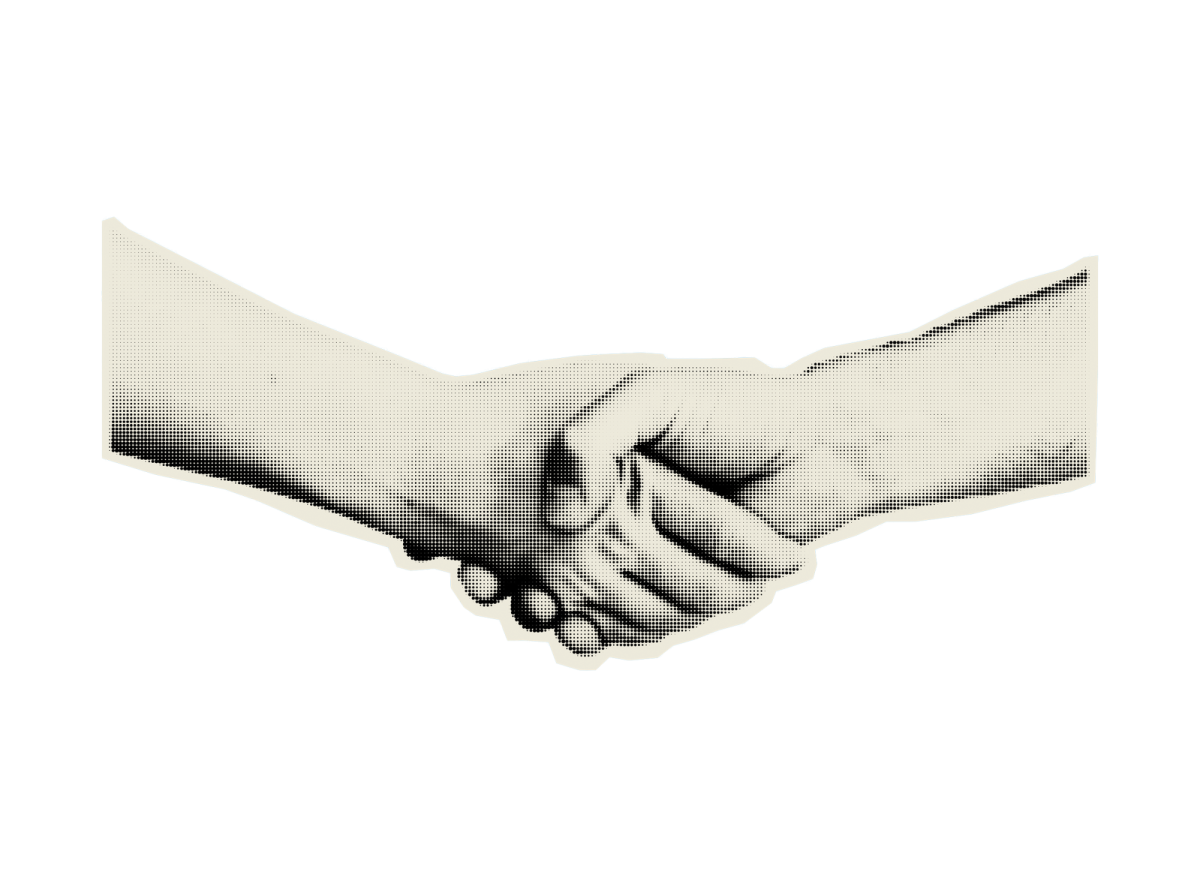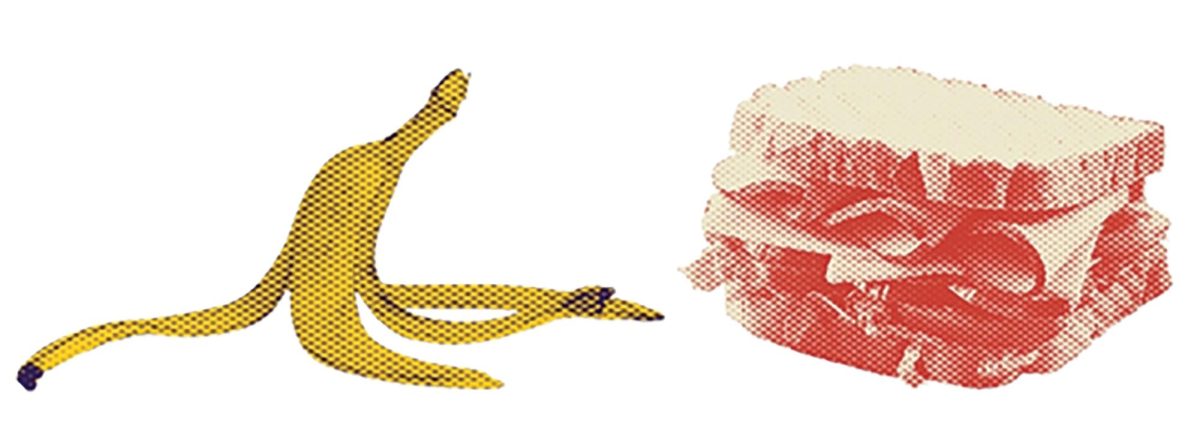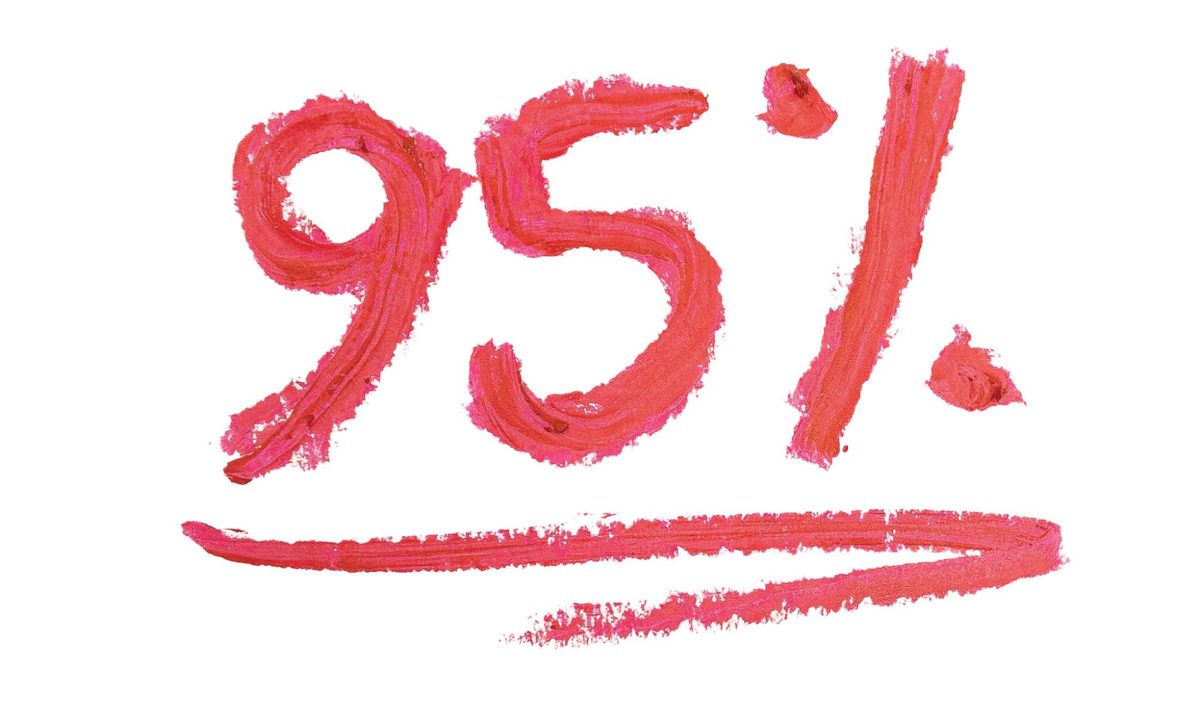During the 2020 COVID-19 lockdown, it was difficult as an Asian American health care worker to not feel an overwhelming amount of anger.
While nearly 1.4 million Asian American and Pacific Islanders, AAPI for short, worked as health care workers during the height of the pandemic, Asian hate crimes increased by nearly 150%, according to NBC.
In January 2021, Thai immigrant Vicha Ratanapakdee was brutally shoved and bled to death in San Francisco. In March 2021, a white gunman went to three spas in Atlanta and killed eight people, six of whom were Asian. In May 2022, the Roque family was verbally and physically attacked by a white male who hurled anti-Asian sentiments at them at a McDonald’s drive-thru in North Hollywood.
Shortly after the incidents in 2021, the California State University, Northridge Faculty Senate released a statement condemning acts of violence against the Asian Pacific Islander Desi American community, APIDA for short.
But these incidents are not unfamiliar, nor are they new, to the community.
Asian hate crimes spiked during the COVID-19 pandemic, according to an article on the National Center for Biotechnology Information. A total of 10,905 incidents were reported to the organization Stop Asian American and Pacific Islander Hate, with a jump from 4,632 occuring in 2020 and 6,273 in 2021.
However, in an article on PBS, Stephanie Chan, Stop AAPI Hate’s director of data and research, said that the numbers might not reflect the true gravity of total Asian hate crimes.
“We know that Asian Americans are among the most likely to not report the crime they’ve experienced,” Chan said. “It’s really sobering to see that even when the world seems to have returned to normal, after the pandemic, these levels are still really elevated in terms of anti-Asian American hate.”
About one-in-five Asians/Asian Americans in the U.S. stated that former President Donald Trump, who repeatedly called COVID-19 the “Chinese virus,” is one of the reasons for the spike, according to Pew Research.
In a recent study, Pew also found that the AAPI community is shaped by their discrimination experiences through three broad ways: that they are treated as foreigners despite being born in the U.S., that they are assumed to be a model minority and that they face discrimination incidents in day-to-day encounters.
About 36% of Asian adults also stated that they made changes to their daily routines out of fear of being threatened or attacked.
Pew reported that 57% of Asians living in the U.S. see discrimination against Asians as a major problem and 63% say there is not enough attention on race and racial issues around the AAPI community.
But the consistent efforts of community activism and the resilience of the AAPI community continues to push forward, despite the ongoing rise of hate crimes.



